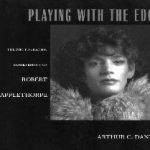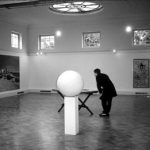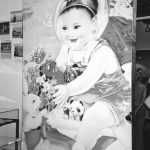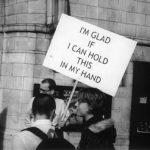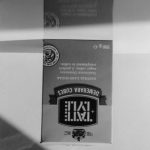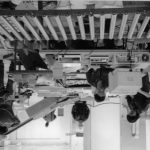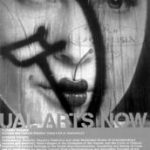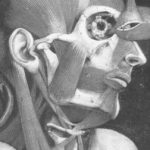Revealing the Truth of Art
Revealing the Truth of Art Andrew Bowie Philosophical discussion of art in English tends not to aim its sights particularly high, and some Anglo-Saxon philosophy has effectively denied art any serious philosophical significance at all. In this light a contemporary German book* which wishes to argue for the truth of art over that of the […]

